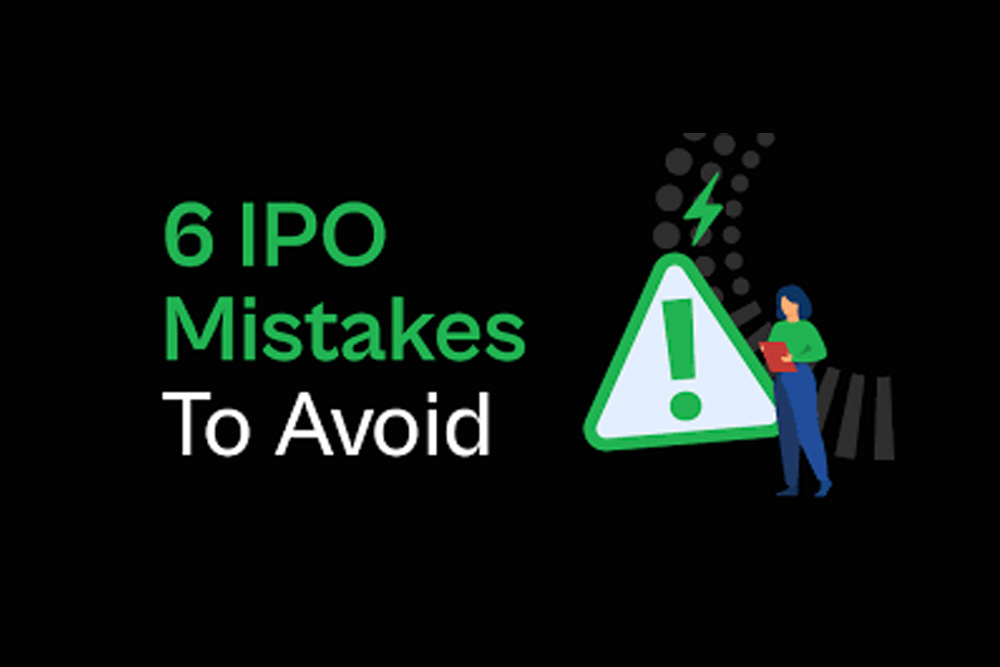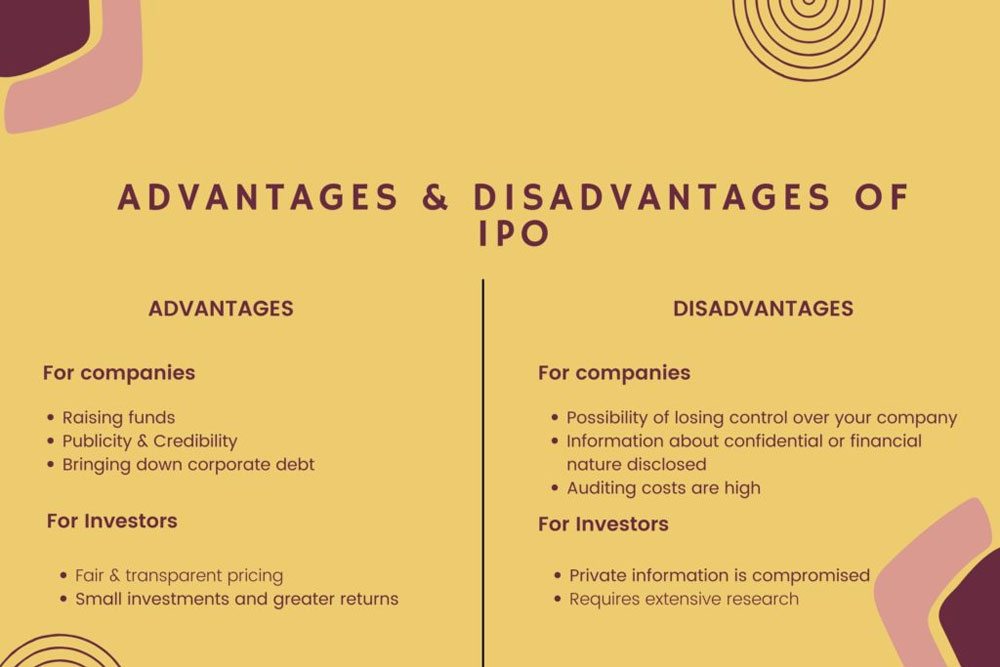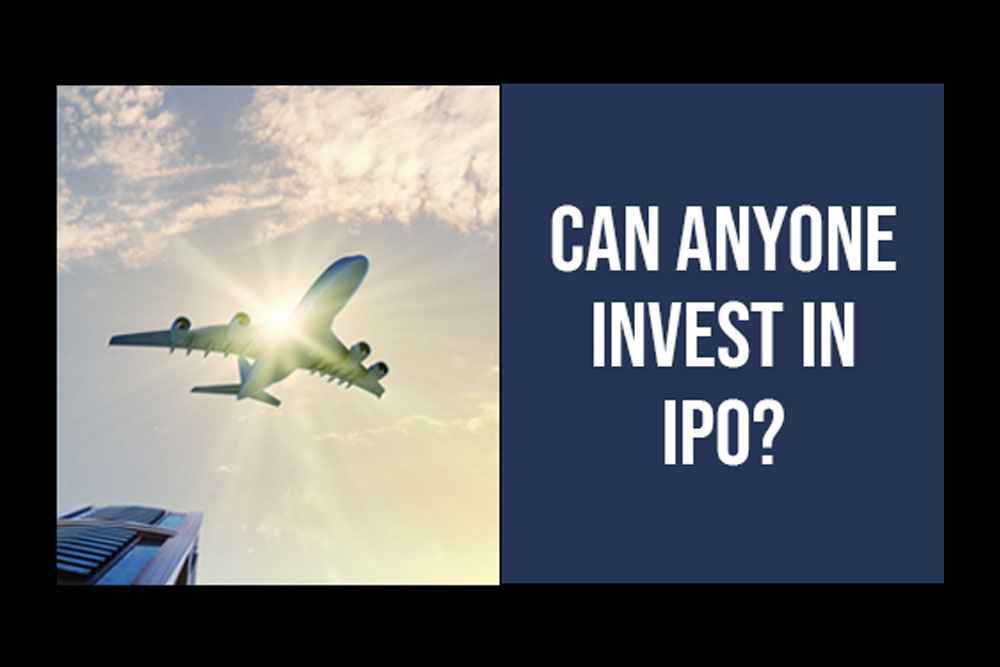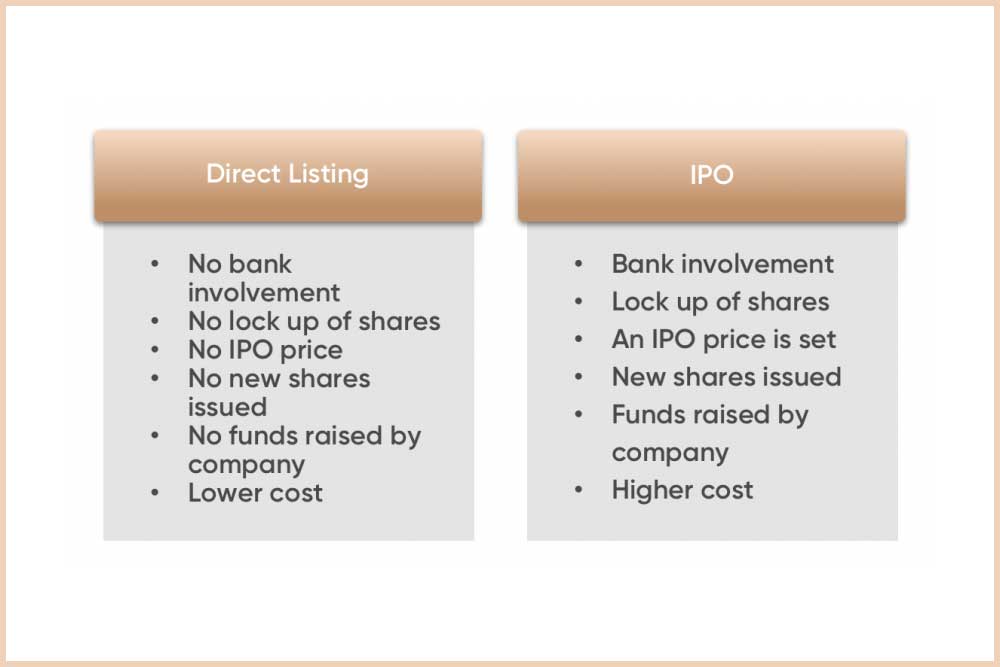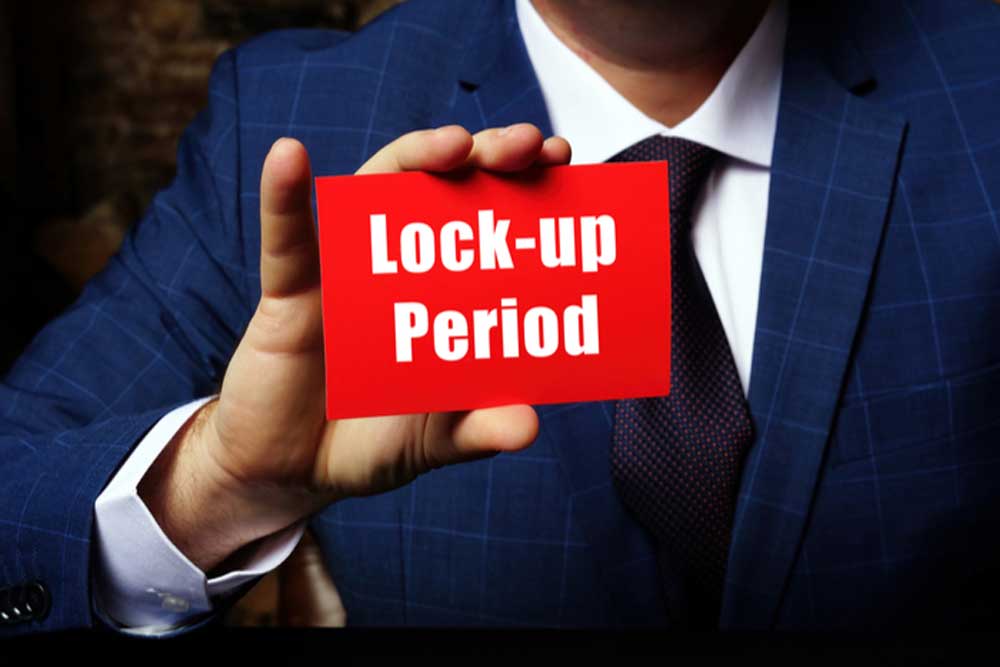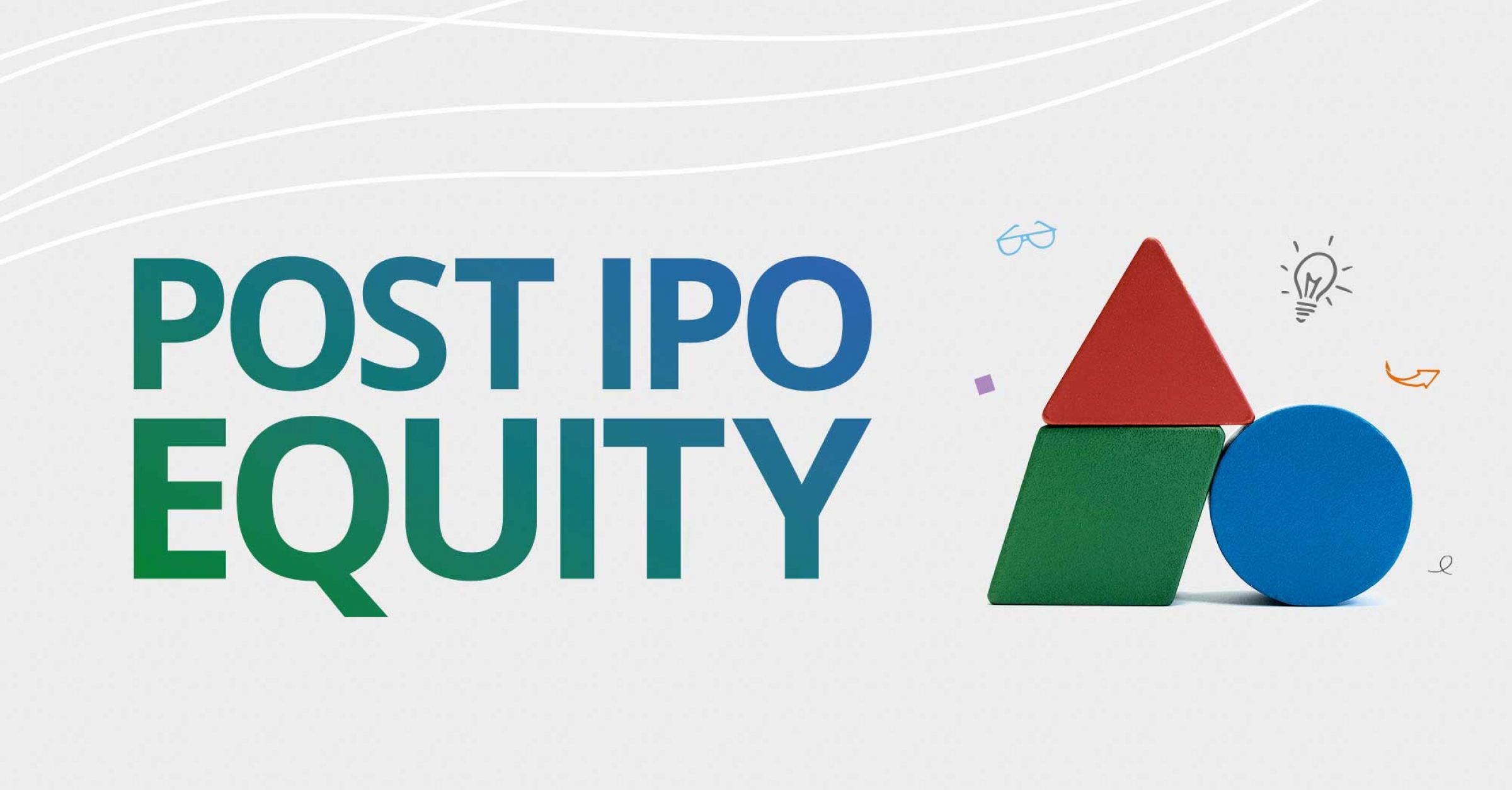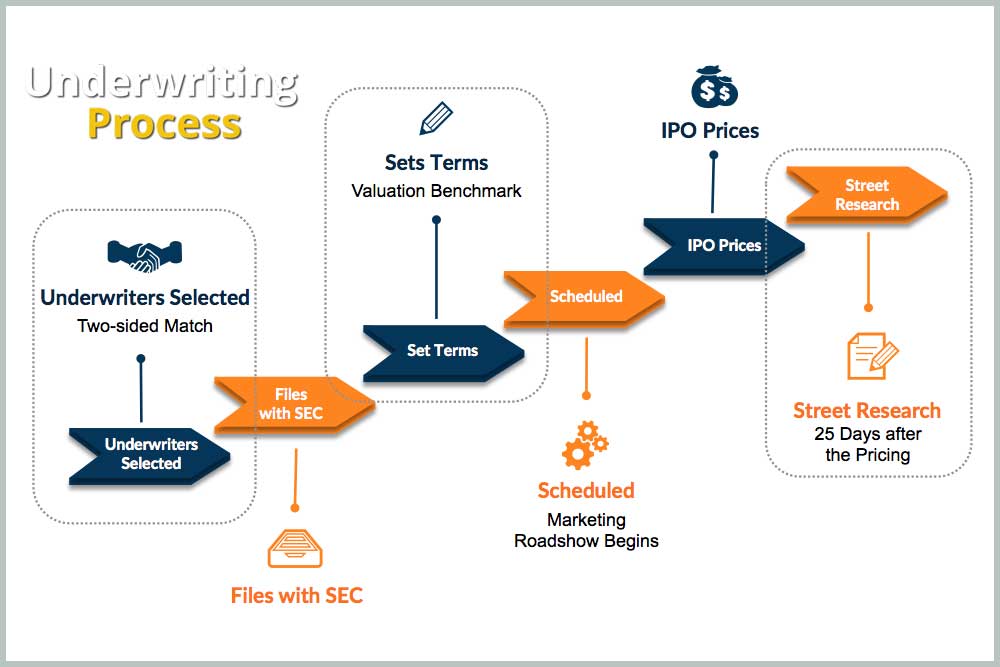Was sind einige häufige Fehler, die Sie bei der Investition in einen Börsengang vermeiden sollten?
Investing in an IPO can be a high-risk, high-reward proposition, and there are several common mistakes that investors should try to avoid. Here are a few: Not doing enough research: Before investing in an IPO, it’s important to do your due diligence and thoroughly research the company, its management team, and its financials. Don’t rely … Weiterlesen

